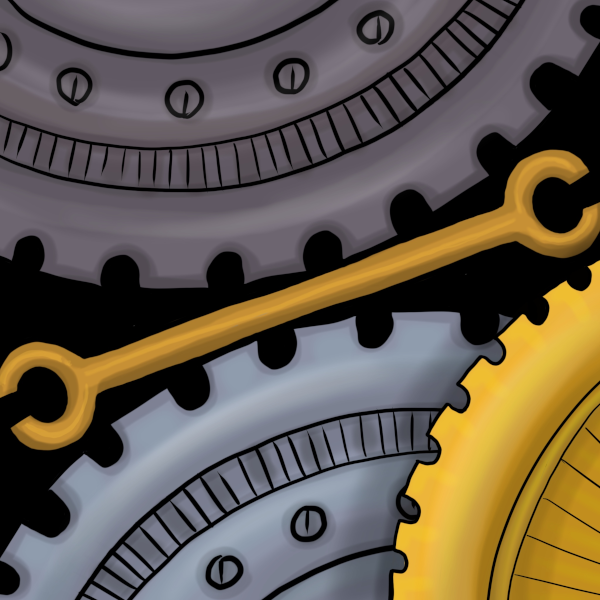I don’t like this way of thinking about technology, which philosophers of tech call the “instrumental” theory. Instead, I think that technology and society make each other together. Obviously, technology choices like mass transit vs cars shape our lives in ways that simpler tools, like a hammer or or whatever, don’t help us explain. Similarly, society shapes the way that we make technology.
In making technology, engineers and designers are constrained by the rules of the physical world, but that is an underconstraint. There are lots of ways to solve the same problem, each of which is equally valid, but those decisions still have to get made. How those decisions get made is the process through which we embed social values into the technology, which are cumulative in time. To return to the example of mass transit vs cars, these obviously have different embedded values within them, which then go on to shape the world that we make around them. We wouldn’t even be fighting about self-driving cars had we made different technological choices a while back.
That said, on the other side, just because technology is more than just a tool, and does have values embedded within it, doesn’t mean that the use of a technology is deterministic. People find subversive ways to use technologies in ways that go against the values that are built into it.
If this topic interests you, Andrew Feenberg’s book Transforming Technology argues this at great length. His work is generally great and mostly on this topic or related ones.







I get your point and it’s funny but it’s different in important ways that are directly relevant to the OP article. The parent uses the instrumental theory of technology to dismiss the article, which is roughly saying that antidemocracy is a property of AI. I’m saying that not only is that a valid argument, but that these kinds of properties are important, cumulative, and can fundamentally reshape our society.